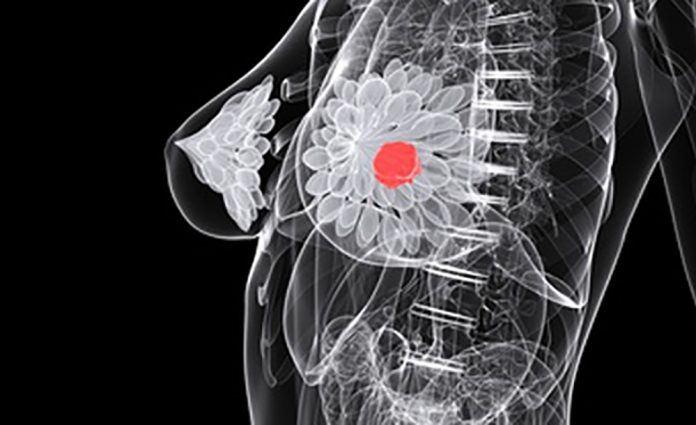
A group of Korean researchers has determined that women under 45 who get hormone-receptor negative breast cancer are at higher risk of distant recurrence even several years after treatment.
These researchers write, “Because young patients with hormone receptor–positive, ERBB2-negative breast cancer have a relatively long life expectancy, the cumulative risk of late recurrence after five years in younger patients is greater than that of older patients, which should be considered in the treatment of young patients with breast cancer.”
The study was reported in JAMA Open Network. The lead author is Dong Seung Shin, MD of the Sungkyunkwan University of Medicine, Seoul.
This study aimed to analyze whether younger patients had a worse prognosis for late distant recurrence (DR) in a group of patients with ER-positive, ERBB2-negative breast cancer who were recurrence-free within five years after surgery. They looked at whether age at diagnosis of breast cancer was an independent factor associated with late DR in young patients with breast cancer.
The study included 2,772 patients aged 45 years or younger with ER-positive, ERBB2-negative breast cancer and no distant metastasis within five years after surgery. The researchers found that younger age was significantly associated with worse disease-free survival, locoregional recurrence-free survival, and late distant metastasis–free survival.
Research suggests patients with breast cancer who are young at diagnosis generally have poorer survival. Their tumors also have more aggressive pathologic features, tending to be larger size, have greater lymph node involvement, be poorly differentiated, and are often hormone receptor–negative disease.
Molecular profiling also shows that younger breast cancer patients have more basal-like tumors. They also more frequent hereditary breast cancer syndromes, which are associated with a particularly poor prognosis in luminal-like disease.
Hormone receptor-positive breast cancer is the most common subtype of breast cancer, accounting for approximately 60–75% of all breast cancers, and is associated with a relatively good prognosis compared with other subtypes. Hormone receptor-positive, ERBB2-negative breast cancer is associated with a higher risk of late recurrence compared with other subtypes.
A meta-analysis of 62,923 patients with estrogen receptor (ER)–positive breast cancer enrolled in 88 studies who were followed up for death and recurrence after five years of adjuvant endocrine therapy (ET) showed a cumulative risk of recurrence ranging from as low as 10% to as high as approximately 40%, depending on stage, from five to twenty years after diagnosis.
Although no significant differences in survival according to age in hormone receptor-negative breast cancer has been documented, it has been reported that hormone receptor-positive breast cancer diagnosed at a younger age has a poorer survival outcome.
The researchers note, “Despite many studies analyzing differences in survival based on patient age, there is a shortage of research on late distant recurrence (DR) after five years, specifically in young patients with breast cancer who have remained recurrence-free for the initial five years after surgery.”





